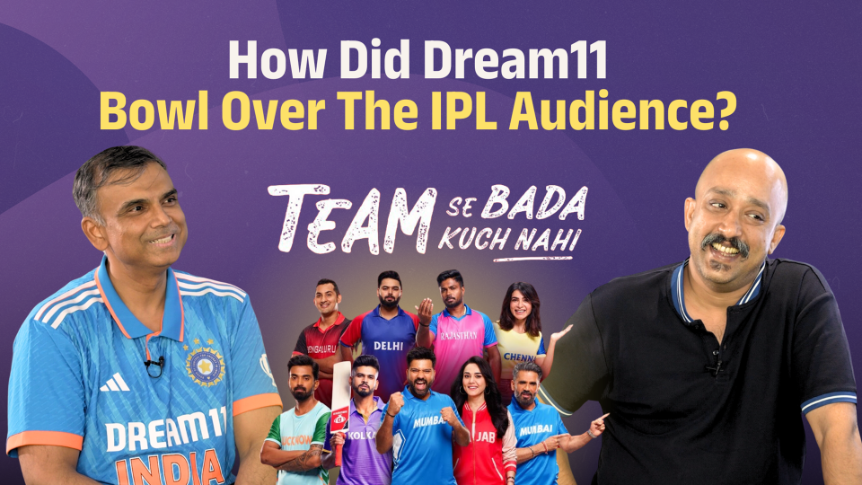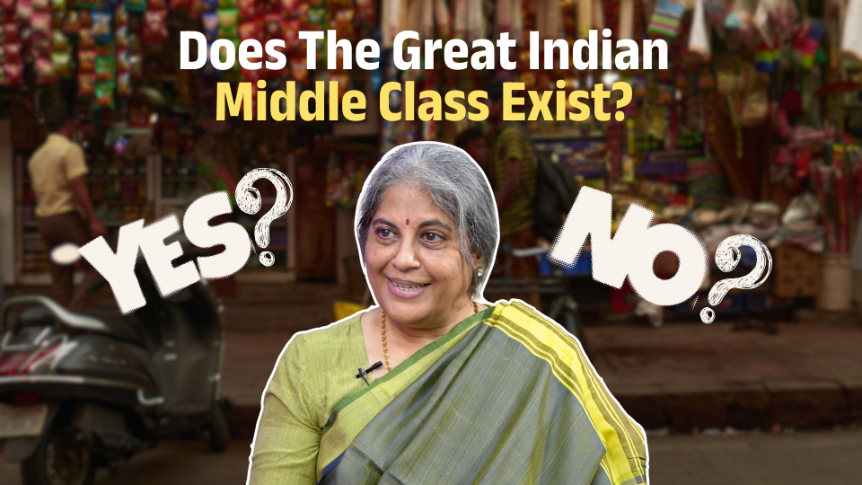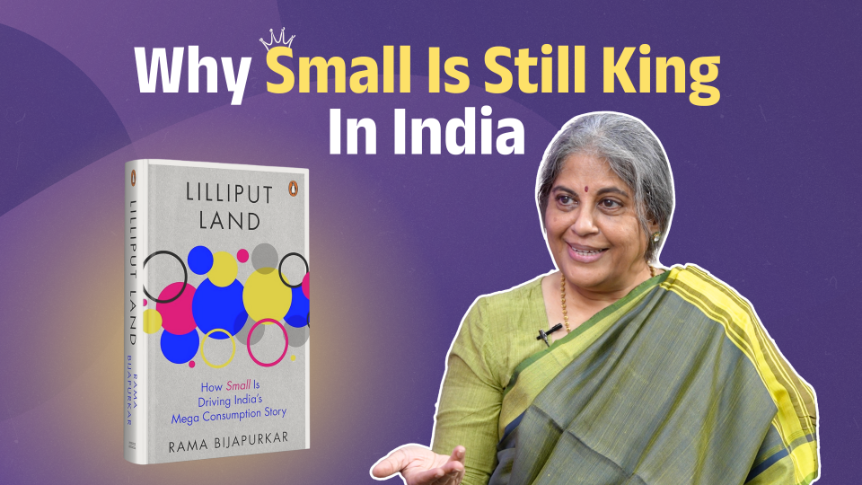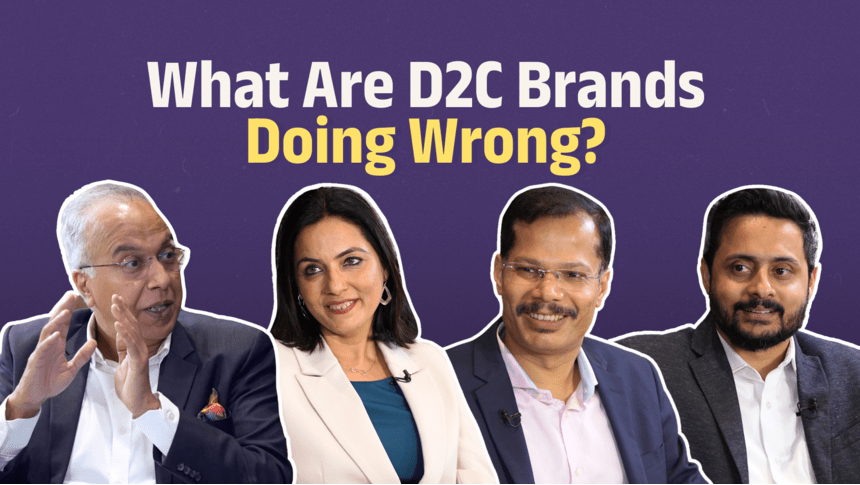So here I go, attempting to write about this new phenomenon, woke-washing, where brands try to piggy-back onto a current social or political movement or even current social or political undercurrent.
This rush to woke-wash is provoked by the simple fact that fewer consumers want to, er, consume advertising; this causes strategic planners and creative to look for ways to create ads that are not ads.
As a result, we see a zillion advertising agencies saying that they are no longer in the business of creating advertising, but creating acts.
The problem is that the consumer needs to see it that way as well.
When Nike used Colin Kapernick after his famous protest made the statement, “I am not going to stand up to show pride in a flag for a country that oppresses black people and people of colour. To me this is bigger than football and it would be selfish on my part to look the other way. There are bodies in the street and people getting paid leave and getting away with murder,” and hijacked the social and cultural reactions by a campaign that said, “Believe in something. Even if it means sacrificing everything,” the consumer (according to sales results) found that Nike’s campaign was more of an act than an ad, and sales figures shot up.
But every brand doesn’t get it right – because to consumers, it often looks like ‘woke-washing’. Woke-washing, etymologically, has its roots in whitewashing, which is “an attempt to stop people finding out the true facts about a situation” according to an online dictionary definition. Here’s an example of usage: The official report on the killings has been denounced as a whitewash.”
The challenge in advertising is, and has always been, to make believable claims.
So it is with acts and movements. How believable is the claim?
If it’s believable, as in the case of Nike, it’s a brave act. If it’s not believable, it’s an attempt at woke-washing.
And that’s dangerous.
When consumers perceive a brand to be woke-washing, they get put off the brand and reject the attempt with their wallets. It’s better to do an average (or even bad) commercial than a poorly thought through act or movement.
We haven’t seen too many brands attempting acts or movements in India – but the global trends, which India follows, suggests that we’ll see a flood of them soon.
The first (big) movement or act that we saw in India was Mahindra’s Rise, created by StrawberryFrog’s Scott Goodson. Because it was Mahindra at the helm, the statements were believable and well received. Try and see how many Indian corporates would be able to carry off a movement like Rise. I did. There are a handful, at most.
P&G, through Ariel (Share the load) kicked off a believable movement. However, the subsequent Men share the load (to me), is less believable.
But because the campaign does not take a position on a controversial and polarizing subject, the gain – or loss – to the brand is negligible. The gain or loss could have been achieved through common-or-garden advertising.
Titan’s Fastrack rode the imminent cultural acceptance of LGBTQ through their depiction of lesbian partners about a decade ago. Fastrack could, believably, take this position as a young, vibrant brand targeting youth; the same campaign wouldn’t have worked with Titan, the mother brand.
Idea Cellular and Tata Tea, to name two, have both ridden popular culture and popular waves with their takes on corruption and social injustice. Because these companies come from the house of Tatas, they become believable and engaging conversations with their consumers – and not resulting in being rejected as woke-washing.
But pause for a moment and think about this: how many brands could have done what Idea and Tata Tea have done and emerged positively?
Hindustan Unilever’s bravest attempt (to my mind) is the work on Brooke Bond Tea and the ‘Swad Apnepan Ka’ (Taste of Togetherness) campaign, where they address issues such as religious, gender, racial and other divides in our society. Look at them: the storylines are all in the clearly believable, and therefore though-provoking, zone.
There are a number of brands that are dabbling in the gender area, caught in the wave of the debates and discourses in society. Some do it right, some wrong – but none that reaps high dividends or damages significantly.
I think that’ll happen sooner rather than later. In a competitive environment, it is the big gambles that deliver big upsides – as Nike has repeatedly proven.
And as India experiences hyper-competition, it’s time for the big gambles –when we’ll see many example of woke-washing – and a few genuine movements or acts.



